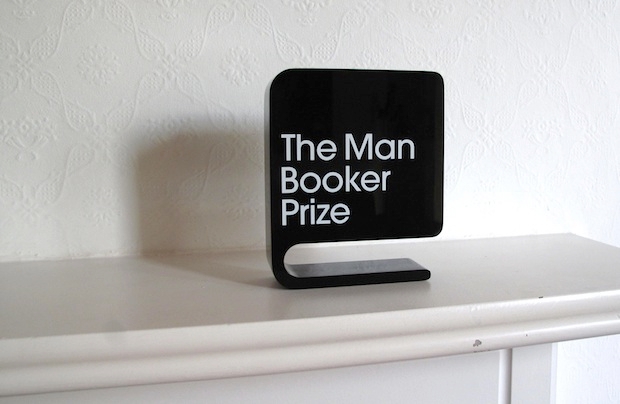Remember when the Man Booker prize was as reputable as the Queen? When it served as the nation’s literary oracle? When nobody thought about doubting its authority because its juries were, well, made up of clever, well-read people who knew what was crap and what wasn’t and so dependably sifted out, every year, the best novels for everyone else?
Well, heave back the hands of time. It’s just possible that today, after a shonky, near-horrific few years of the prize — following its annus horribilis of 2011, when chair of judges Stella Rimington steered her panel towards the award’s weirdest, crappest shortlist in living memory — the Man Booker might finally be hoicking itself back on to the plinth of respectability upon which it once rested its reputable literary rump.
Out of the six titles on the shortlist — two by newly eligible Americans: Joshua Ferris’s To Rise Again at a Decent Hour and Karen Jay Fowler’s We Are All Completely Beside Ourselves; one by an Australian: Richard Flanagan’s The Narrow Road to the Deep North; one by a London-dwelling Indian: Neel Mukherjee’s The Lives of Others; one by a Scot: Ali Smith’s How to Be Both; and one by a previously Booker-winning Brit: Howard Jacobson’s J — three (by Flanagan, Mukherjee, Smith) are worthy winners of the trophy already.

Britain’s best politics newsletters
You get two free articles each week when you sign up to The Spectator’s emails.
Already a subscriber? Log in






Comments
Join the debate for just £1 a month
Be part of the conversation with other Spectator readers by getting your first three months for £3.
UNLOCK ACCESS Just £1 a monthAlready a subscriber? Log in